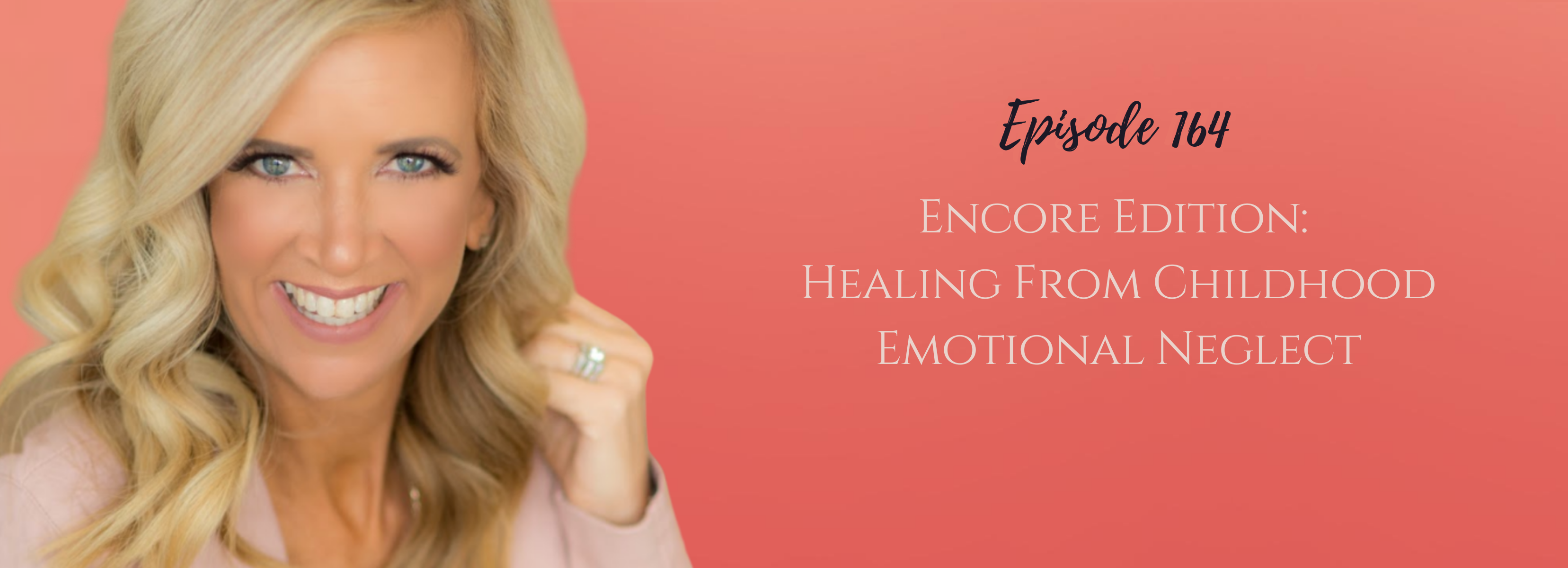
Encore Edition: Healing from Childhood Emotional Neglect with Dr. Jonice Webb| 6.8.2022
In this encore of episode 47, Kristen interviews Dr. Jonice Webb - a recognized psychologist and the author of the best-selling books Running on Empty and Running On Empty No More - about how to heal from childhood emotional neglect.
You'll Learn
- What does childhood emotional neglect look like in adults
- Defense mechanism used by someone who was emotionally neglected as a child
- How to begin to recover from childhood emotional neglect
Resources
Codependency and Setting Boundaries with Terri Cole
For counseling services near Indianapolis, IN, visit www.pathwaystohealingcounseling.com.
Subscribe and Get a free 5-day journal at www.kristendboice.com/freeresources to begin closing the chapter on what doesn’t serve you and open the door to the real you.
Subscribe to the Close the Chapter YouTube Channel
This information is being provided to you for educational and informational purposes only. It is being provided to you to educate you about ideas on stress management and as a self-help tool for your own use. It is not psychotherapy/counseling in any form.